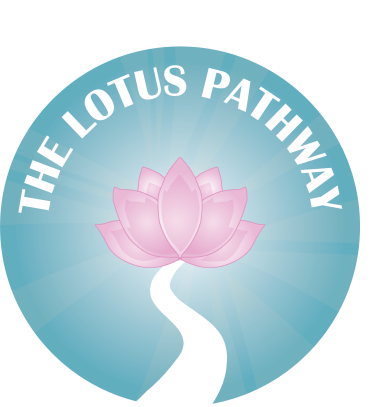Session 1 – Trauma and the Brain
The first session of the programme explores the influence of trauma on the brain and the unconscious survival responses it triggers. By deepening our comprehension of how the brain reacts it increases self-awareness and therefore the ability to cope. The session highlights that trauma is an individual’s subjective experience of the circumstances and that there is no right or wrong way to feel.
Session 2 – Emotional Regulation - Part 1
In the second session, the group are introduced to the concept of emotional regulation which is crucial for maintaining psychological well-being and healthy interpersonal relationships. This session focuses on the significance of understanding and recognising emotions, and exploring how they manifest in our bodies . In addition, the session introduces a range of skills and techniques to build an individuals' capacity to effectively manage and cope with challenging emotions leading to greater emotional resilience and improve overall well-being.
Session 3 – Emotional Regulation - Part 2
Building upon the foundation established in the previous session on emotional regulation, the third session delves deeper into this essential skill. Individual’s are introduced to the concept of their "window of tolerance,“ increasing self-awareness and therefore providing valuable insights into maintaining emotional balance and an increased ability to take appropriate steps to regulate their emotions.
Session 4 – Distress Tolerance
In the fourth session, individuals are introduced to the concept of distress tolerance, a fundamental skill for effectively coping with distressing situations. The session focuses on providing practical tools and techniques that empower individuals to tolerate and navigate challenging circumstances without exacerbating their impact on personal well-being. This can prevent emotion emotional dysregulation and promote overall emotional well-being. By developing the ability to tolerate distress, individual’s are less likely to engage in self-destructive behaviours such as self-harm.
Sessions 5 – Interpersonal Effectiveness
The fifth session focusses on interpersonal effectiveness identifying the importance of building strong and healthy relationships in order to promote overall well-being and build positive connections with others. Healthy relationships provide individuals with a sense of belonging, acceptance and understanding which can help reduce feelings of loneliness and isolation.
Session 6 – Self-care and Mindfulness
The final session focuses on mindfulness and self-care and the role they play in building and sustaining resilience to help navigate life’s challenges. Practicing mindfulness can help an individual stay present, reduce anxiety, and enhance their ability to cope with stressful situations and improve mental clarity, concentration and focus. Self-care and Mindfulness encourages self-compassion and self-acceptance cultivating a kind and nurturing relationship with themselves.
Evaluative Report
At the end of the six sessions, a report will be produced highlighting the programme's effectiveness and impact on the individual's well-being. The report will include an evaluative outcome using a before and after questionnaire to show the individual's progress.
